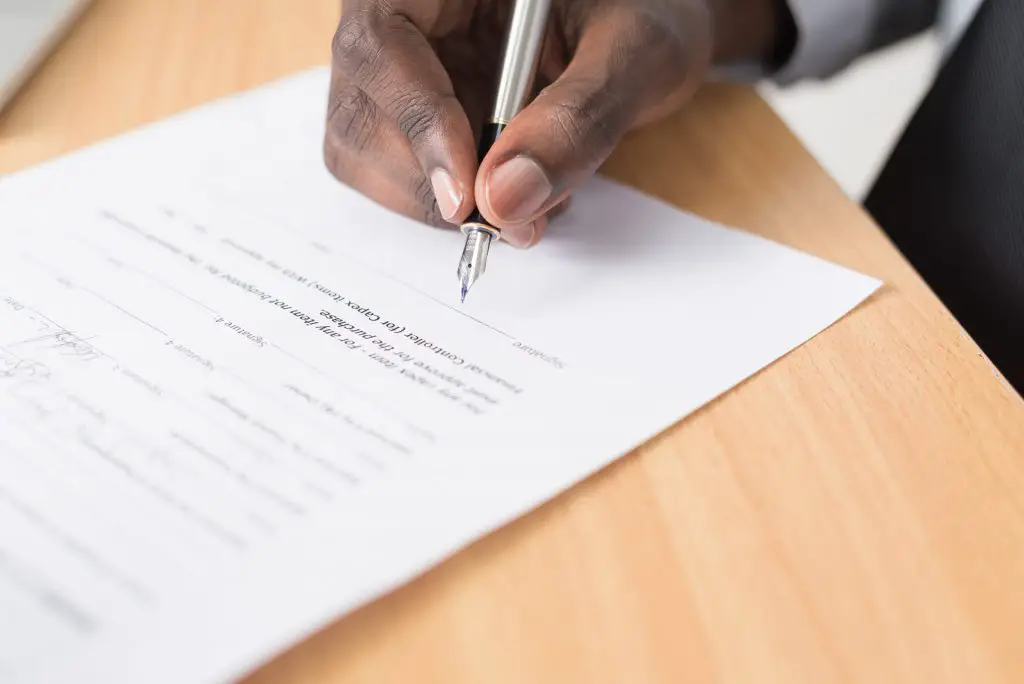
As the name suggests, a Scottish Trust Deed only applies to residents of Scotland and is a voluntary arrangement made between you and your creditors.
Under the terms of a Scottish Trust Deed you can make a proposal to repay your debts over a set period of time and therefore avoid bankruptcy (or ‘sequestration’ as it’s otherwise referred to). If any debts remain outstanding at the end of the arrangement then they’ll be written off and you won’t have to repay them.
How does a Scottish Trust Deed work?
If you choose to enter into a Trust Deed then all your assets will be passed over to your Trustee. He or she will then take full control of the arrangement and will endeavor to pay back as much debt as possible. In order to achieve this some of your assets might be sold – for example, any personal belongings or property you might own.
Will I have to liaise with creditors myself?
No. By entering into a Trust Deed you’ll no longer have to worry about making contact with your creditors. Any correspondence or discussions with them will be done by your advisor, who will then continue to liaise with them throughout the arrangement. All you’ll be expected to do is to make the monthly repayment to your advisor/trustee on time and then you can simply leave the rest to them.
How much will I have to repay?
When you first enquire about entering into a Scottish Trust Deed your chosen advisor will conduct an initial ‘fact find’. This enables him or her to fully understand your financial situation and to work out how much you’ll be able to repay to your creditors on a monthly basis. In making this assessment your advisor will ensure you have enough money left over to ensure that any debts which can’t be included are capable of being repaid through a separate repayment plan. The main priority is that your repayments are affordable – especially if you enter into a protected Trust Deed, which is legally binding on all parties.
What’s the difference between a ‘protected’ deed and an ‘unprotected’ deed?
If the vast majority of your creditors agree to the proposal you’ve put forward then the trust deed is likely to be ‘protected’. This means that the arrangement becomes legally binding and your creditors won’t be able to pursue you either during, or after, the arrangement to claim further money from you.
If, on the other hand, the deed isn’t protected then it’s not legally binding and you may still be pursued for any residual amounts once the arrangement ends.
How much will it cost?
You should ask your advisor for details of the cost before you enter into a Trust Deed as they can be very expensive. However, the cost of it can usually be repaid as part of your monthly repayments so that you don’t have to find the arrangement fee up front. However, if you have any concerns about the cost you should speak to your advisor.
Leave a Reply